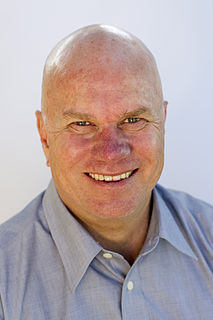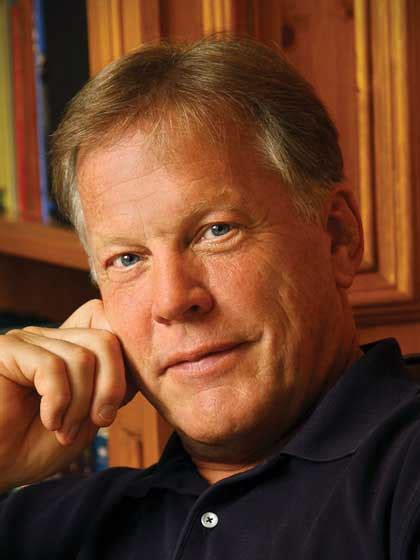A Quote by Jenna Wortham
When people talk about how the Internet has changed the way we travel, they typically lament the way our compulsion to document removes us, somehow, from the actual experience.
Related Quotes
Most people would say they live with an internal angst that they can't always put their finger on. This is because the Internet has changed our very way of being in this world, compelling us to be perpetually "on" - from our cars to our computers, our tablets to our smartphones, our desks to our living rooms or dining tables, our churches to our libraries to our schools.
A foolhardy lot, we accepted it all, as we always do, never asked: "What is going to happen to us now, with this invention of print?" In the same way, we never thought to ask, "How will our lives, our way of thinking, be changed by the internet, which has seduced a whole generation with its inanities so that even quite reasonable people will confess that, once they are hooked, it is hard to cut free, and they may find a whole day has passed in blogging etc?"
I can go into the wilderness and not see anyone for days and experience a kind of space that hasn't changed for tens of thousands of years. Having that experience was necessary to my perception of how photography can look at the changes humanity has brought about in the landscape. My work does become a kind of lament.
The way you will experience and feel about yourself is not determined by how other people look and feel about you. The way that you will experience and feel about yourself is actually determined by how YOU look at and think about THEM. Whatever we think about others is really like sending a message about ourselves to our self.
We need a better way to talk about eating animals. We need a way that brings meat to the center of public discussion in the same way it is often at the center of our plates. This doesn't require that we pretend we are going to have a collective agreement. However strong our intuitions are about what's right for us personally and even about what's right for others, we all know in advance that our positions will clash with those of our neighbors. What do we do with that most inevitable reality? Drop the conversation, or find a way to reframe it?
The Spiritual Disciplines are things that we do. We must never lose sight of this fact. It is one thing to talk piously about 'the solitude of the heart,' but if that does not somehow work its way into our experience, then we have missed the point of the Disciplines. We are dealing with actions, not merely states of mind.
Our evangelical culture tends to take the awesome reality of a transcendent god who is worthy to be feared and downsize Him so He could fit into our "buddy system." The way we talk about Him, the way we pray, and, more strikingly, the way we live shows that we have somehow lost our sense of being appropriately awestruck in the presence of a holy and all-powerful God. It's been a long time since we've heard a good sermon on the "fear of God." If God were to show up visibly, many of us think we'd run up to Him and high-five Him for the good things He has done.

































